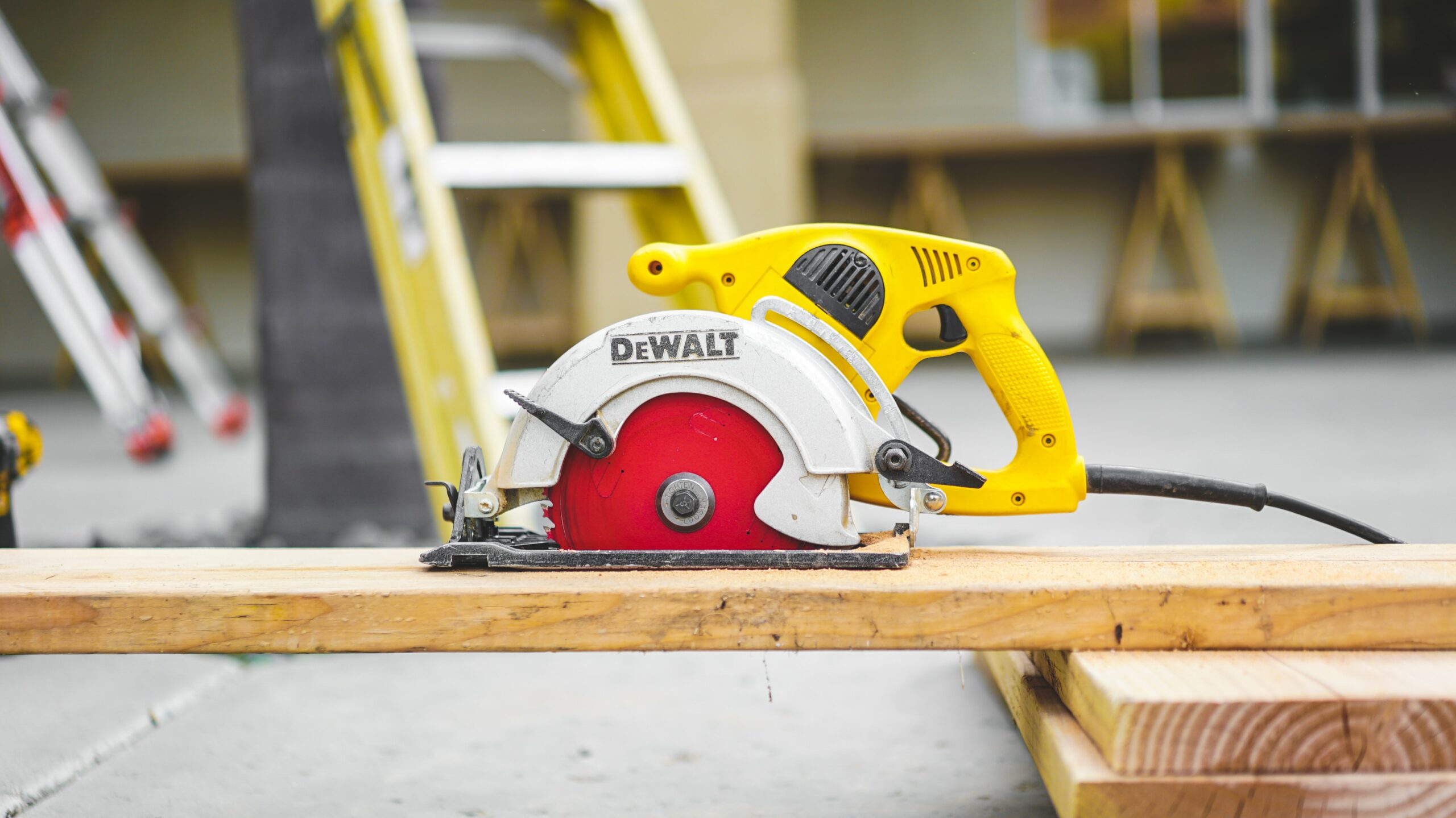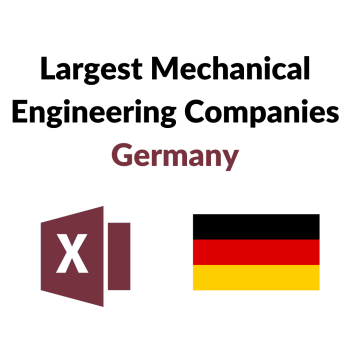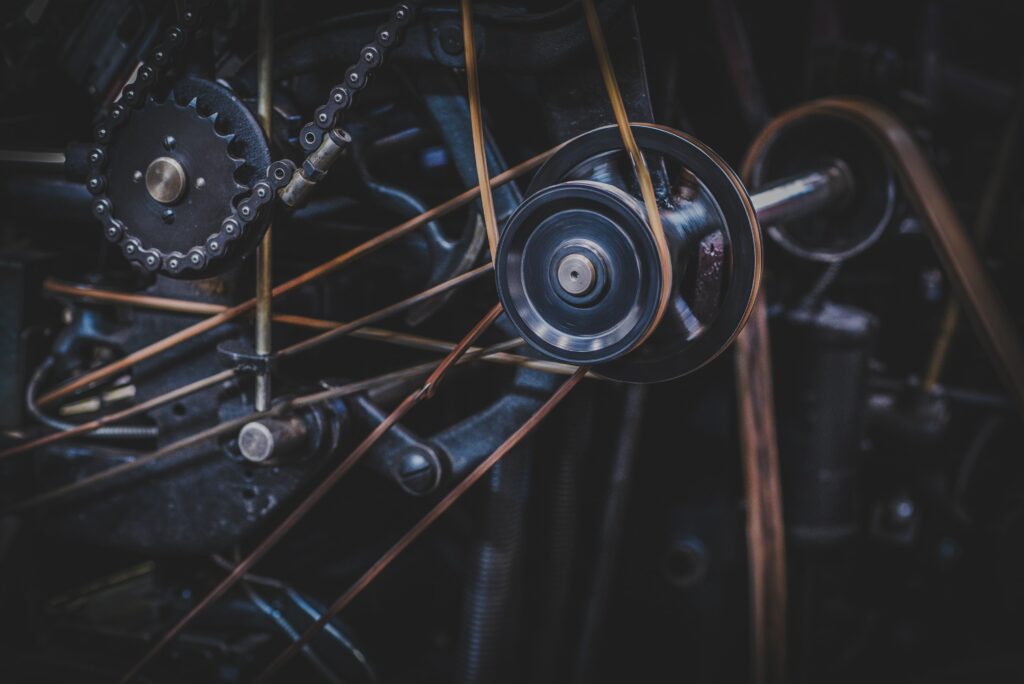In earlier times, tools were typically used by hand. It was a matter of genuine “handicraft”. However, since the industrial revolution in the 19th century at the latest, tool use has been predominantly mechanical – by means of appropriate machine tools. Today, they take over many functions in manufacturing processes in industrial production and machining. German machine tool builders have a good reputation in the world. This article is based on the unique List of the 200 largest mechanical engineering companies in Germany.
-
Rated 5.00 out of 5€299,99 Incl. VAT
-
- Article based on database of the 200 largest mechanical engineering companies in Germany
- Detailed information on the field of activity (production technology, energy plants, construction machinery, packaging machinery, etc.)
- Including: turnover (2015-2018), number of employees, email, address, telephone number, management, etc.
- Direct download as Excel file possible via the Research Germany online shop
- Free preview file available on request
German machine tool industry – strongly export-oriented
There is a great variety of machine tools and different ways of systematizing them. A common classification is that into forming, (cutting) machining and removing machines. In a broader sense, forming, joining and cutting machines are also included. Cutting machines account for about two thirds of the production value of machine tools. This category includes lathes, milling machines, drilling machines, planing machines, sawing machines and grinding machines. Sophisticated electronic control technology is used in modern machine tools. In the digital age, intelligent networking within the framework of the “Internet of Things” is playing an increasingly important role.
According to the industry association VDW (German Machine Tool Builders’ Association), machine tools with a production value of 12.6 billion euros were manufactured in Germany in 2019, of which 9.6 billion euros were accounted for by cutting and ablative machines. Machines with a value of 10.0 billion euros were exported, of which a combined 30 percent went to the USA and China. Machine tool imports amounted to 3.8 billion euros. The main supplier countries here are Switzerland, Japan and Italy with a combined share of 46 percent. By far the largest German machine tool manufacturer is the Trumpf Group in Ditzingen near Stuttgart, followed by DMG Mori AG in Bielefeld and Schuler AG in Göppingen.
 In our industry report of the German mechanical engineering industry you will find detailed information on areas of activity, an overview of the locations and clusters of the mechanical engineering industry, key financial figures as well as insights into the gender distribution and sustainability efforts of the sector.
In our industry report of the German mechanical engineering industry you will find detailed information on areas of activity, an overview of the locations and clusters of the mechanical engineering industry, key financial figures as well as insights into the gender distribution and sustainability efforts of the sector.
Source: ResearchGermany – Mechanical Engineering Industry Report
Picture Source: Unsplash




